How much banh chung is enough?
Before the concerns of many diabetic patients about whether they can eat banh chung during Tet or not, if so, how much to eat so as not to affect their health, Nurse Pham Thi Kim Thu, Department of Clinical Nutrition and Dietetics, Central Endocrinology Hospital shared: Each banh chung includes 400g of sticky rice, 200g of pork belly and 200g of green beans. The estimated energy of each banh chung is about 2,560 kcal, equivalent to 6 bowls of special pho, which is also the necessary energy level for a person weighing 70-80 kg per day.
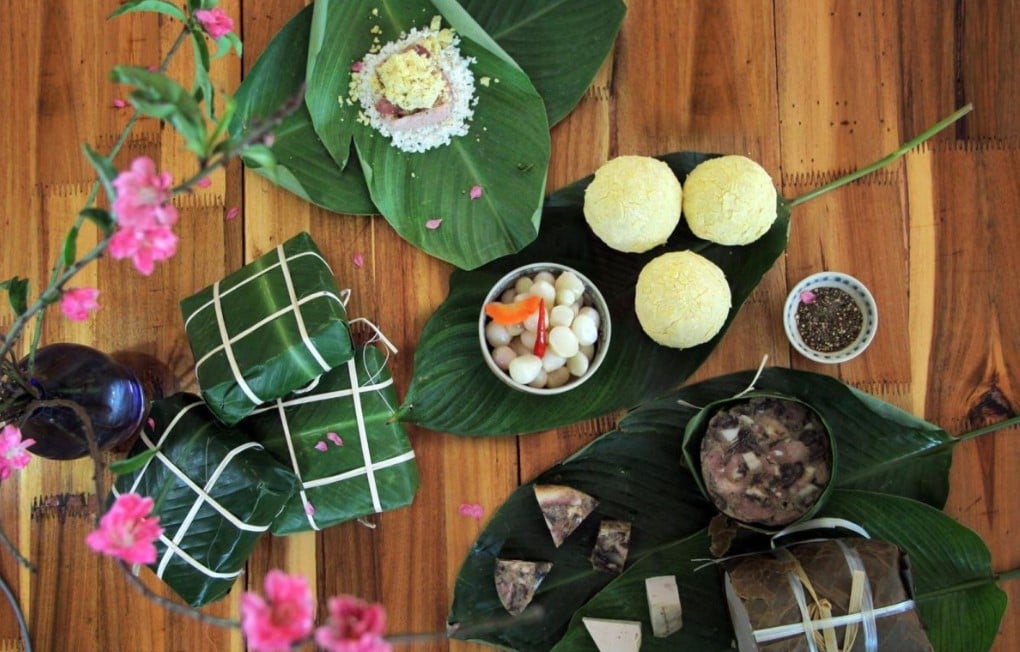
Banh chung is not prohibited for diabetic patients, but care must be taken in the method and amount of use.
The characteristic of banh chung is that it has a lot of energy, the fat mainly comes from pork belly, a bad type of fat and a lot of starch that causes blood sugar to increase quickly. In addition, people also have the habit of using fried banh chung, which increases the amount of fat and energy. Or using banh chung combined with pickled onions, ham also increases the amount of salt... all of which are not good for the health of the patient.
According to Ms. Kim Thu, banh chung is not recommended for diabetic patients, but only requires attention to the method and amount of use. Diabetic patients when using banh chung should note the following 4 things:
- You should not eat fried banh chung.
- Eat vegetables first to add fiber, helping to stabilize blood sugar. 1/8 of a banh chung is equivalent to 1 small bowl of rice. A diabetic weighing 50-60 kg can eat 1 small bowl of rice, so it can be replaced with 1/8 of a banh chung. In addition, do not use other starchy foods such as cellophane noodles, sticky rice, potato soup, etc.
- You should not eat banh chung with foods containing a lot of salt such as pickles, pickled onions, ham, sausage...
- Maintain an exercise routine to help burn energy and control blood sugar.
Limit alcohol and fried foods
Tet is an occasion for family members to return home and reunite. Tet parties cannot lack banh chung, fatty meat, braised meat, pickled onions, sticky rice and many other snacks and candies. Tet favorites are always attractive but are "enemies" for people with diabetes.
Dr. Nguyen Thi Thuy, Deputy Head of the Department of Endocrinology, 108 Central Military Hospital, recommends that in their diet, diabetic patients should remember the principle of only eating about 70-80% of the normal amount of food, reducing carbohydrates; Moderately increasing protein and lipids to compensate for the energy lost due to reduced carbohydrates. However, it should not be increased too much because it will lead to metabolic disorders.
Patients should limit fried foods, foods high in fat and sticky rice (sticky rice, banh day, banh chung, banh tet...), increase the use of foods rich in vitamins, minerals, trace elements, fiber such as green vegetables, tubers, low-sugar fruits and eat hot foods, drink warm water.
In particular, patients should not skip meals to avoid hypoglycemia. Patients should divide their meals into many small meals, not eat too much and must be nutritious; Do not eat sweets when hungry, instead should eat whole grains, unsweetened milk; Do not drink carbonated soft drinks because it increases blood sugar quickly.
During Tet, people with diabetes should limit drinking alcohol and beer because alcohol can cause increased or decreased blood sugar by preventing glycogen synthesis and affecting liver function, causing metabolic disorders.
For alcohol, diabetic patients can use wine but should not drink too much. According to recommendations, only use about 200 ml of wine per day to make the meal more delicious. Should eat some starch when drinking wine, do not drink wine without eating to avoid hypoglycemia.
After drinking alcohol for about 1 hour, patients should proactively check their blood sugar to take appropriate preventive measures. During the days of changing their lifestyle and diet, they should test their blood sugar more often than usual. They should monitor their blood pressure and weight to promptly adjust their diet and drinking habits.
"Patients should not drink alcohol and hypoglycemic drugs at the same time. If they are taking certain special medications as required by their doctor, they must stop drinking alcohol completely. If they are taking insulin and drink alcohol, they must test their blood sugar before going to bed. If the result is below 6mmol/l, they should eat more. If they cannot test, they should eat more foods low in starch to avoid the risk of hypoglycemia at midnight. It is important to maintain exercise, diet and follow the treatment medication as directed by the doctor," Dr. Thuy added.
Source: https://www.baogiaothong.vn/an-banh-chung-ngay-tet-nguoi-bi-dai-thao-duong-can-luu-y-dieu-gi-192240206103034383.htm



![[Photo] Cat Ba - Green island paradise](/_next/image?url=https%3A%2F%2Fvphoto.vietnam.vn%2Fthumb%2F1200x675%2Fvietnam%2Fresource%2FIMAGE%2F2025%2F12%2F04%2F1764821844074_ndo_br_1-dcbthienduongxanh638-jpg.webp&w=3840&q=75)








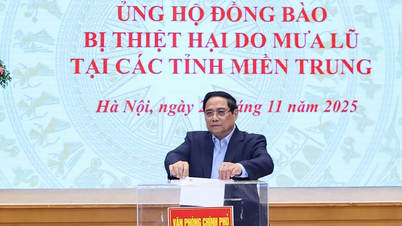

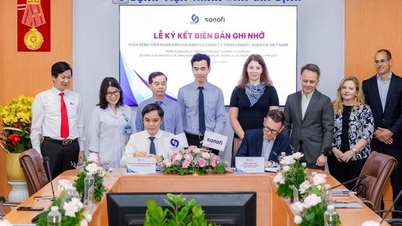

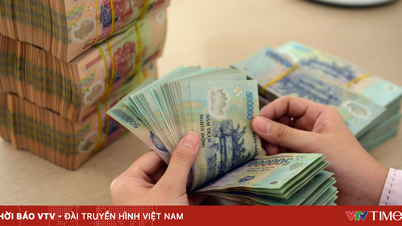

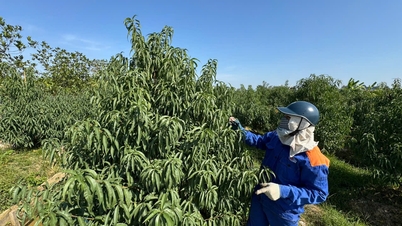

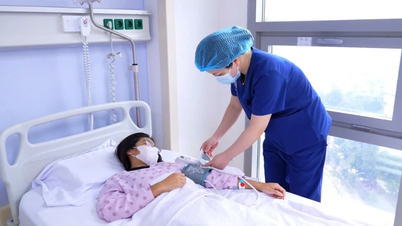

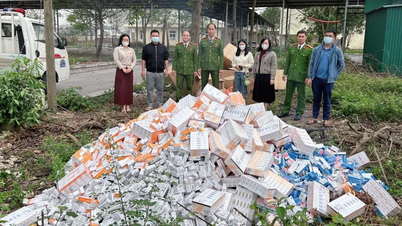



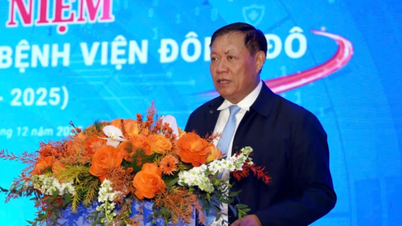






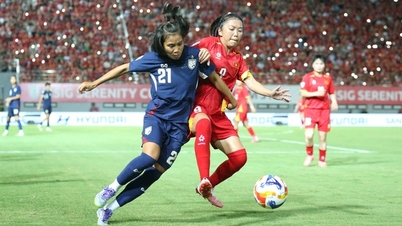


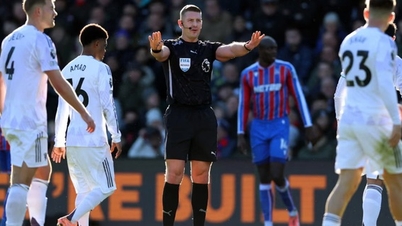
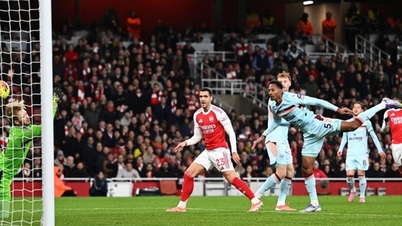








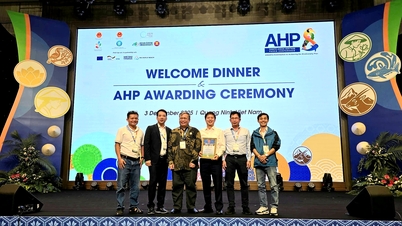









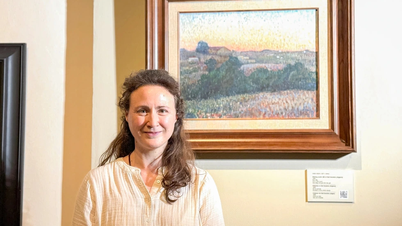





























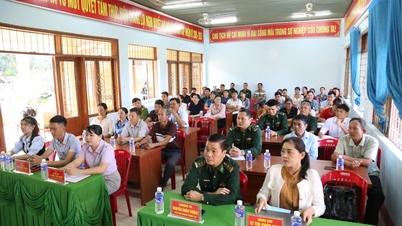

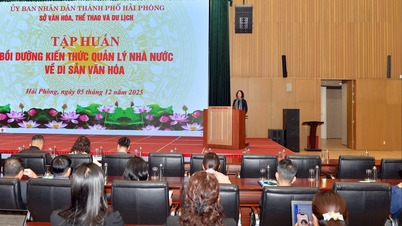




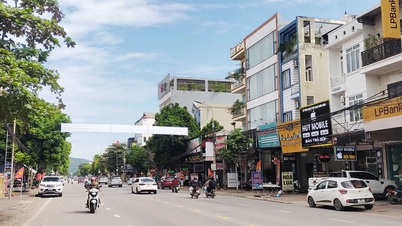












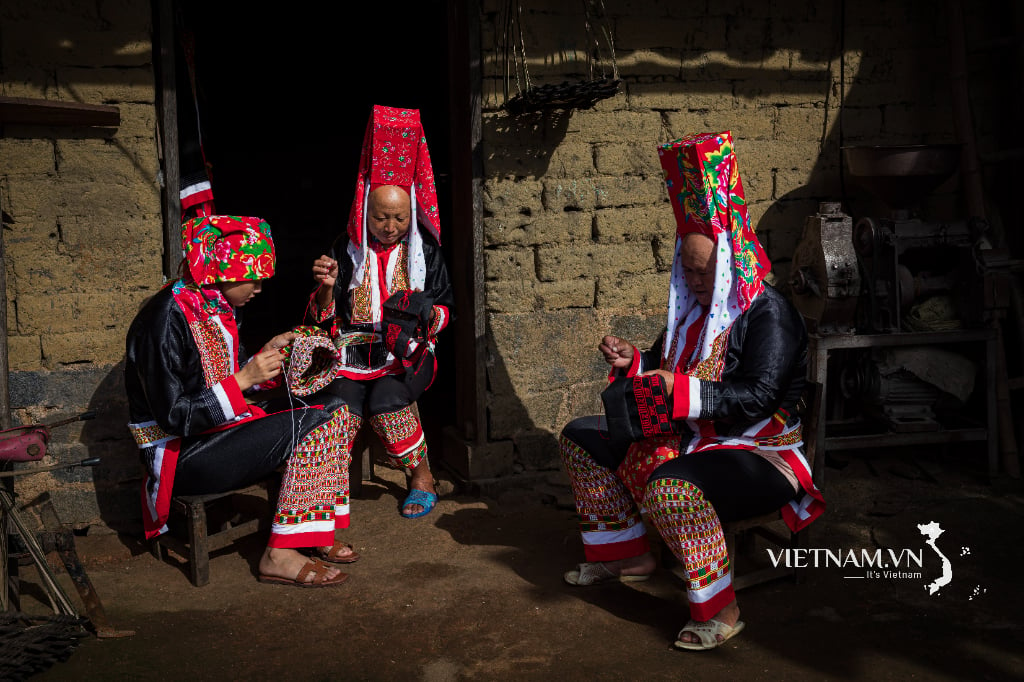




Comment (0)